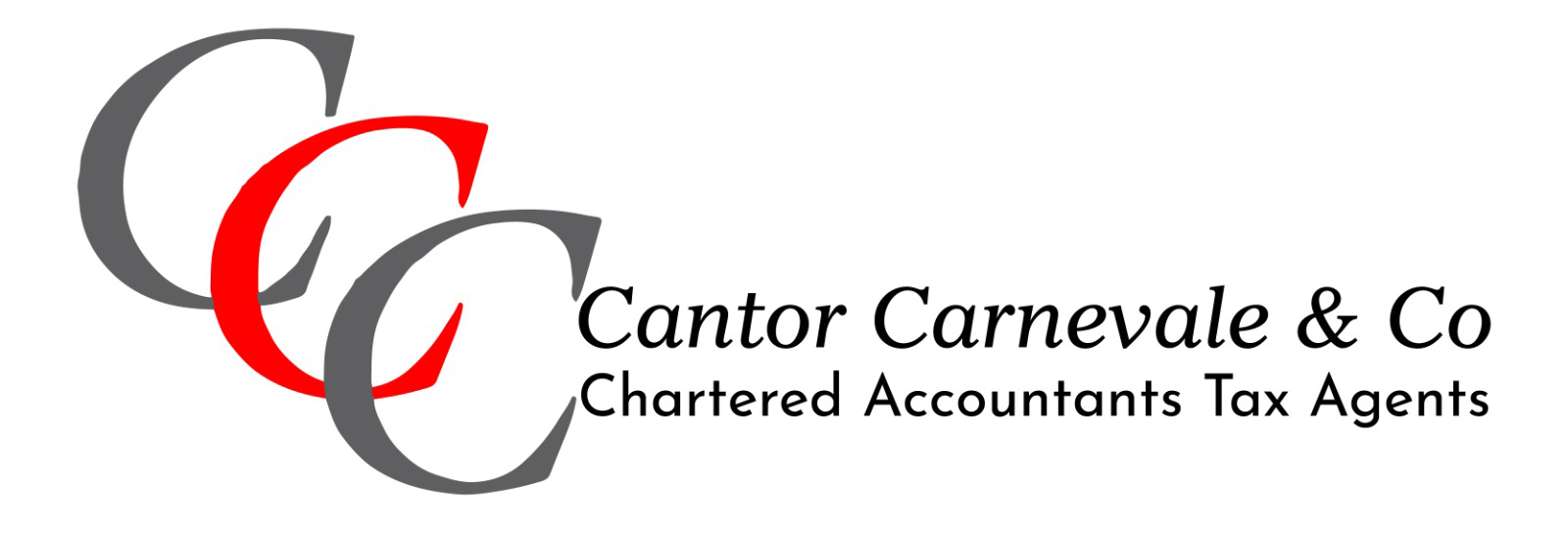Choosing a business structure is an important step in starting a new firm. The form of a firm can have an impact on various important aspects of how it functions, including taxes and personal liability. Learning about the most prevalent company structures might help you choose the ideal one for your new venture. You can take Business Structure Advice from Cantoraccounting experts.
What defines a business structure?
A business structure is a company’s legal framework. It outlines essential variables such as ownership and profit distribution. Before registering with local, state, or federal agencies, a business’s structure should be determined and carefully chosen. Making adjustments afterward might be expensive and restricting. The company structure you select can impact critical aspects of the firm, including:
• Day-to-day operation
• Taxes due
• The amount of needed papers
• Risk of personal culpability
• Ability to raise financial money
Consult business counsellor, accountant, or attorney to assist you determines the right business structure for your needs. Cantoraccounting will help you out.
What to consider while deciding on a business structure
Capital investment: Corporations can obtain capital from investors and banks by selling shares or securing additional funding, whereas sole proprietorships utilise their own credit or form partnerships.
Flexibility: Review your goals and company strategy, then analyse how each structure fits into your plans. The corporate structure should encourage development and change, not constrain it.
Complexity: A sole proprietorship is the simplest company structure, although it may be more difficult to fund. Partnerships must have documented agreements outlining duties and earnings, whereas corporations and LLCs must report to state and federal agencies.
Responsibility: A corporation has the lowest level of responsibility since creditors or customers can sue the business but cannot access your personal assets. Among the various arrangements, an LLC provides the same protection and tax benefits, partnerships divide obligation among partners, and sole proprietorships bear all financial liabilities.
Taxes: Sole proprietors and limited liability companies pay personal income taxes, whereas partnerships claim their share of earnings as personal income. As per Business Structure Advice from Cantoraccounting experts, Corporations submit their own tax forms and pay taxes on profits, but they have more tax breaks and possibilities.


